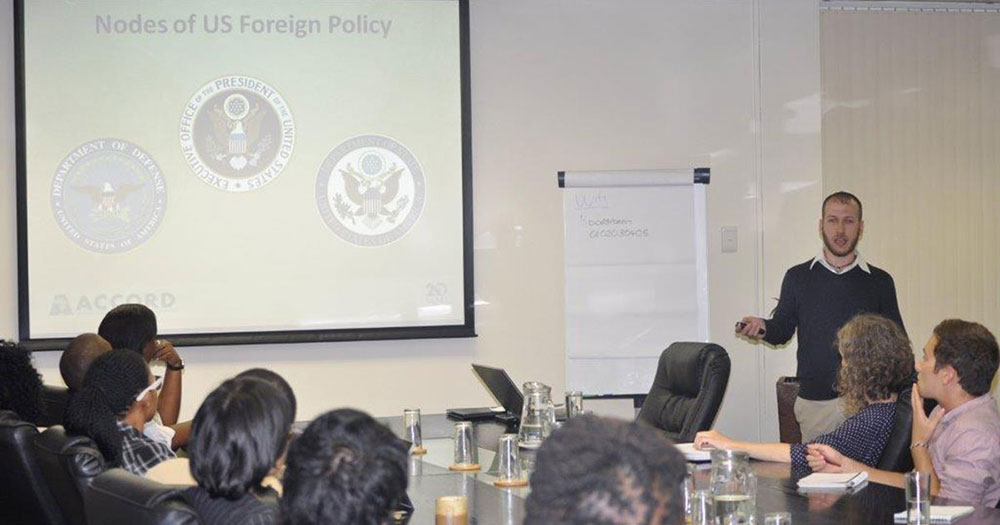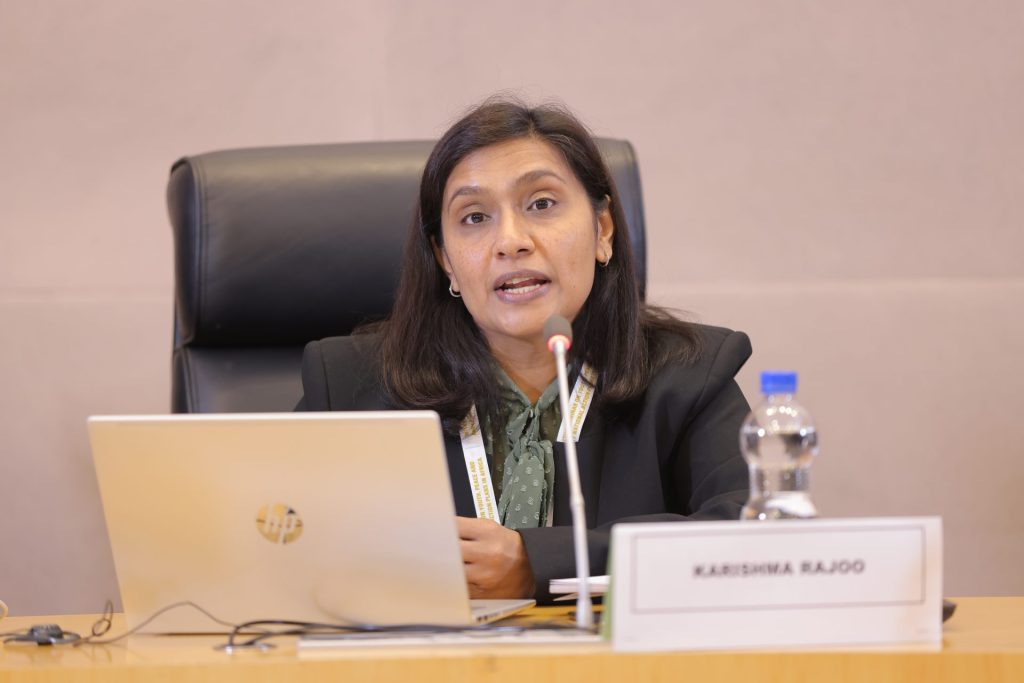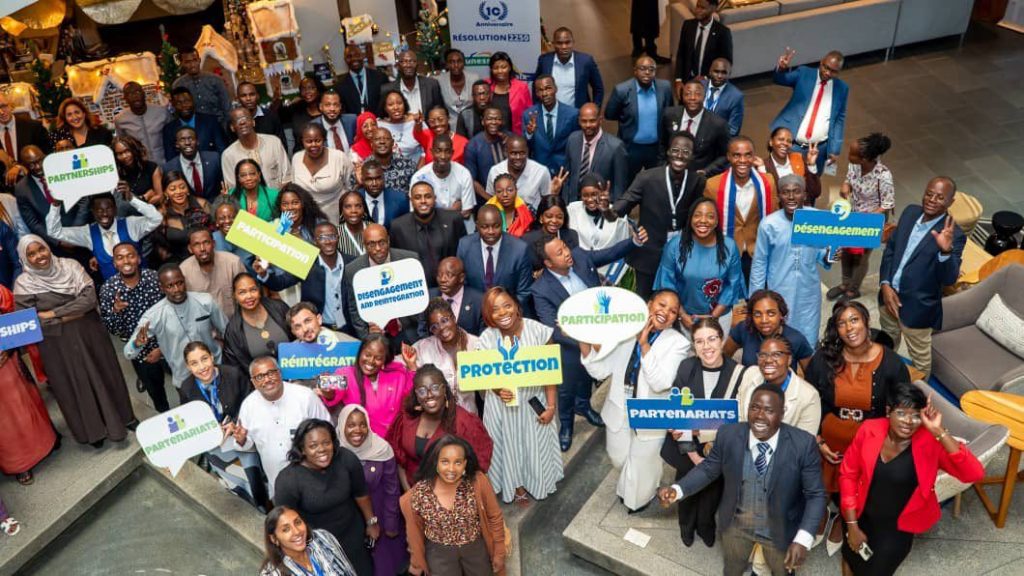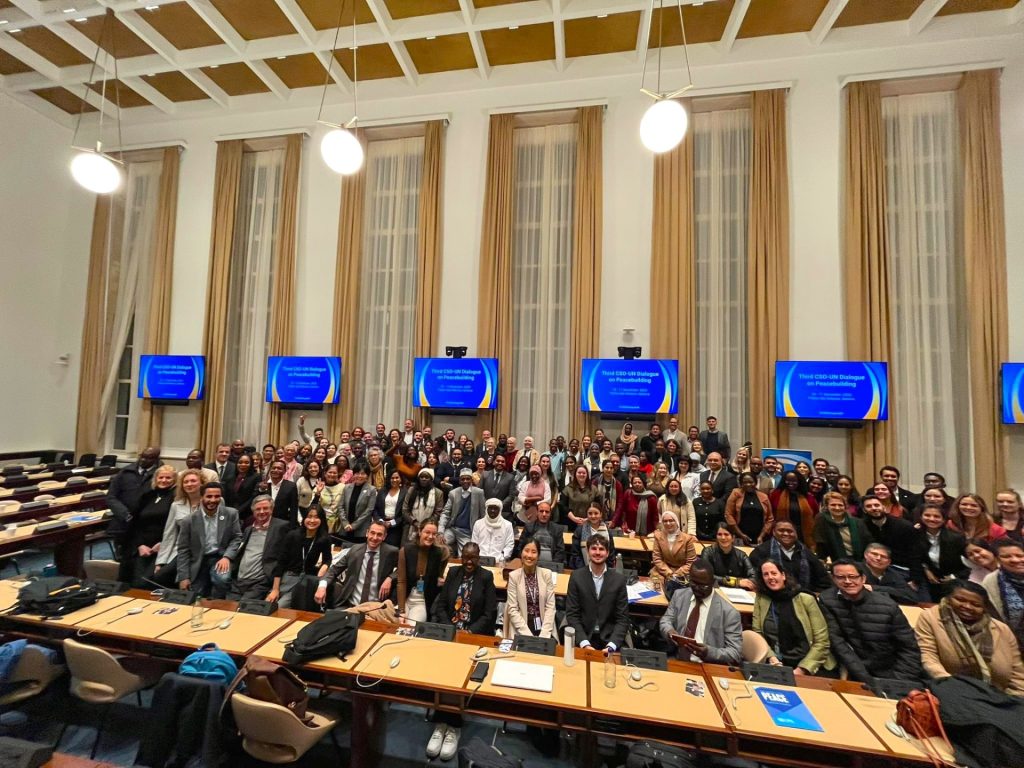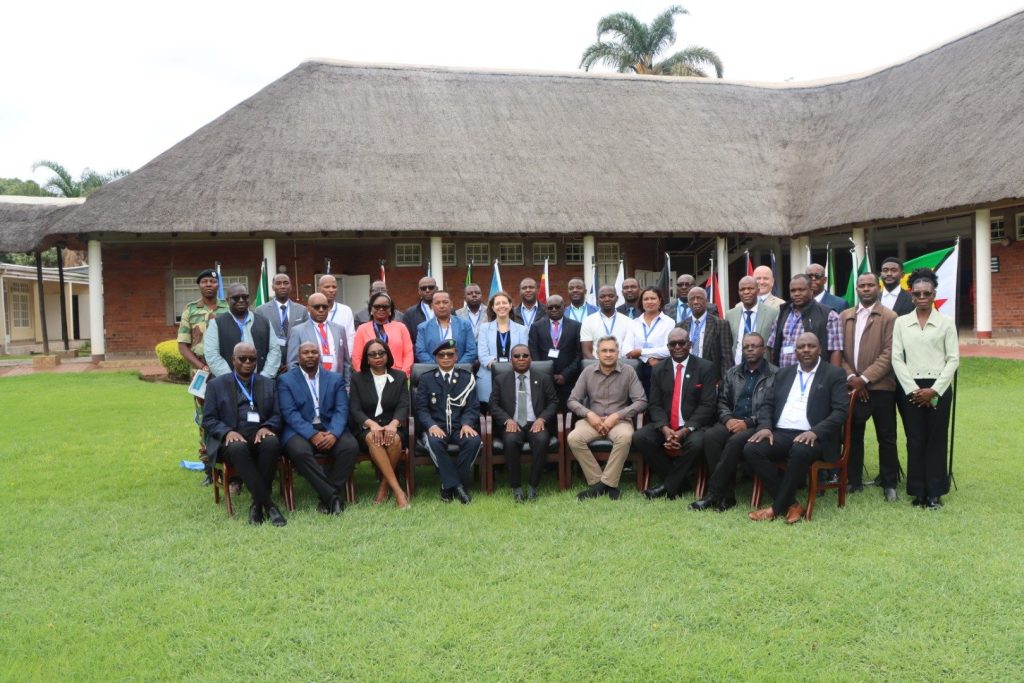US foreign policy is of great interest to African states, with the US military involved on the continent and US presidential elections on the horizon in 2016. Globally, the current administration of President Barack Obama has utilised both dialogue and unilateral military action as approaches to foreign policy. During an Internal Staff Seminar (ISS) on Thursday 24 April 2015, Daniel Forti, a researcher in the Executive Director’s Office at ACCORD, gave a presentation on United States (US) foreign policy under President Barack Obama’s Administration.
Forti’s appraisal interrogated trends in the American government’s strategic relations with Middle Eastern countries, China and Cuba, as well as its various interventions on the African continent. The presentation was followed by a moderated discussion on the implications of the upcoming 2016 US election on the trajectory of foreign policy.
Guided by his own personal research interests and background growing up in the US, Forti identified three foundational pillars of foreign policy: defending the homeland from its adversaries, building global security with a focus on regional stability, and projecting American influence by destroying terrorist networks and distributing humanitarian aid.
Forti characterised the Obama Administration’s foreign policy by its efforts to cooperate with international institutions like the United Nations and to promote dialogue between belligerent parties; a trait that distinguishes it from the previous administration. For example, the US’ recent nuclear consultation with Iran represents a divergence from traditional US-Iran relations. By favouring a negotiated settlement over the indefinite imposition of sanctions, Forti argued that President Obama has demonstrated his commitment to dialogue even with enemy states. The pending deal with Iran marks the first significant mutual agreement reached by the two since the deterioration of relations between the countries in 1979.
Despite Obama’s diplomatic engagement in the global political arena, his administration has consistently relied on the use of unilateral military action as a core strategy in the implementation of foreign policy, Forti argued. In Africa specifically, where the US staged 674 military missions in the year 2015 alone (averaging nearly two per day), the American footprint is developing increasingly into a militarised one. This trend is bolstered by the increase in America’s preference for drone strikes, which boast minimal risk for American soldiers without compromising efficiency, according to the Obama Administration. The Obama Administration has embraced utilising its drone arsenal, especially in its ‘war on terror’ in Afghanistan and Pakistan. Just one day after taking his oath of office in 2009, President Obama issued his first drone strike in Afghanistan.
Forti concluded his presentation with speculations on the future of American foreign policy. With the upcoming election in November 2016, he identified three areas of foreign policy that could make an impact: the Iranian nuclear development, the Israel-Palestine peace process, and the revitalisation of Cuban relations. The current frontrunner and sole Democratic Party candidate on the ballot thus far, Hilary Clinton’s foreign policy outlook is expected to remain consistent with her policies during her tenure as Secretary of State. Forti argued that Clinton is a proponent of reinforcing humanitarian aid distribution as well as building diplomatic relations based on dialogue. However, Forti argued that foreign policy decisions rarely influence the outcomes of American presidential elections. Unless a significant security threat exists or the country has troops on the ground in a foreign war, elections are decided by economic and civil concerns. As the country currently faces many domestic issues, foreign policy is not expected to represent a major focus in the 2016 election.
The subsequent discussion, facilitated by Natacha Kunama, the coordinator of ACCORD’s Peacemaking Unit, focused on American exceptionalism and its various manifestations on the global scale. President Obama is quoted as saying: ‘our national security interests must begin with an undeniable truth – America must lead … the question is never whether America should lead, but how we lead.’ This sentiment is shared by both Republican and Democratic Party leaderships which raises many questions in the conversation about the future of US-Africa relations.
The Knowledge Production Department at ACCORD holds regular ISSs to discuss pertinent global issues and their impacts on the African continent. These sessions aim to provide a platform for staff members and guests to share their expertise, opinions, or research and engage ACCORD staff in active discussions. The goal of an ISS is to share knowledge and alternative viewpoints in order to broaden individuals’ understanding of global peace, security and development topics.

